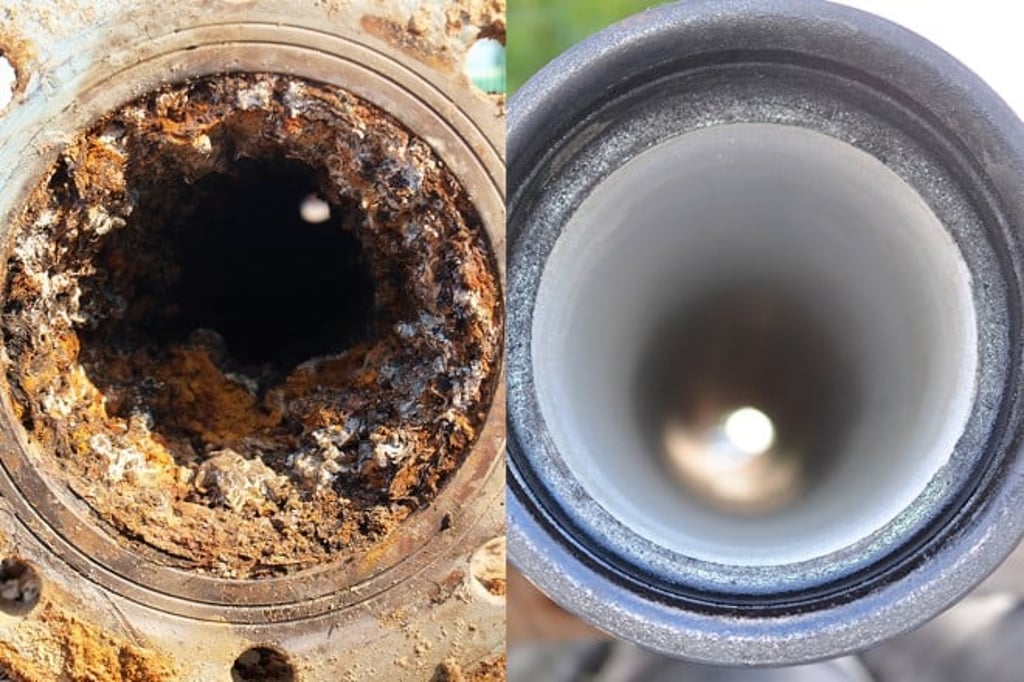Protect your heart, manage your cholesterols

[Sponsored Article]
While the coronavirus pandemic is grabbing all the attention this year as an unprecedented public health crisis, heart disease remains the number three killer of the general population (1). As the community works collectively to ward off COVID-19, we must also not ignore our cardiovascular health.
According to Dr. Adrian Cheong, specialist in cardiology, hypercholesterolemia remains a grave health concern in the developed world. A survey conducted by the Department of Health has shown that 50% of the people in Hong Kong have high cholesterol levels(2), who are at low to high risks to develop coronary diseases.
Cholesterol is a waxy substance found in the blood that is needed to build healthy cells, but too much of “bad” cholesterol, Low-Density Lipoprotein Cholesterol (LDL-C), causes fatty deposits and eventually plaque buildup in the blood vessels. As these plaques grow, they will make it difficult for enough blood to be supplied to vital organs, causing a variety of diseases such as heart attack or stroke. At birth, we have very little cholesterol(3) but the levels get progressively higher and higher as we age(4). How fast our cholesterol levels grow is influenced by genetics, lifestyle and other health conditions such as diabetes(4).

“There’s a proportion of cholesterol that comes from your diet and some manufactured by your own body, because the liver produces cholesterol no matter what. That ratio differs from person to person so the first strategy is to improve your diet. If it still does not come down enough, then consider taking medications,” said Dr. Cheong.